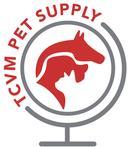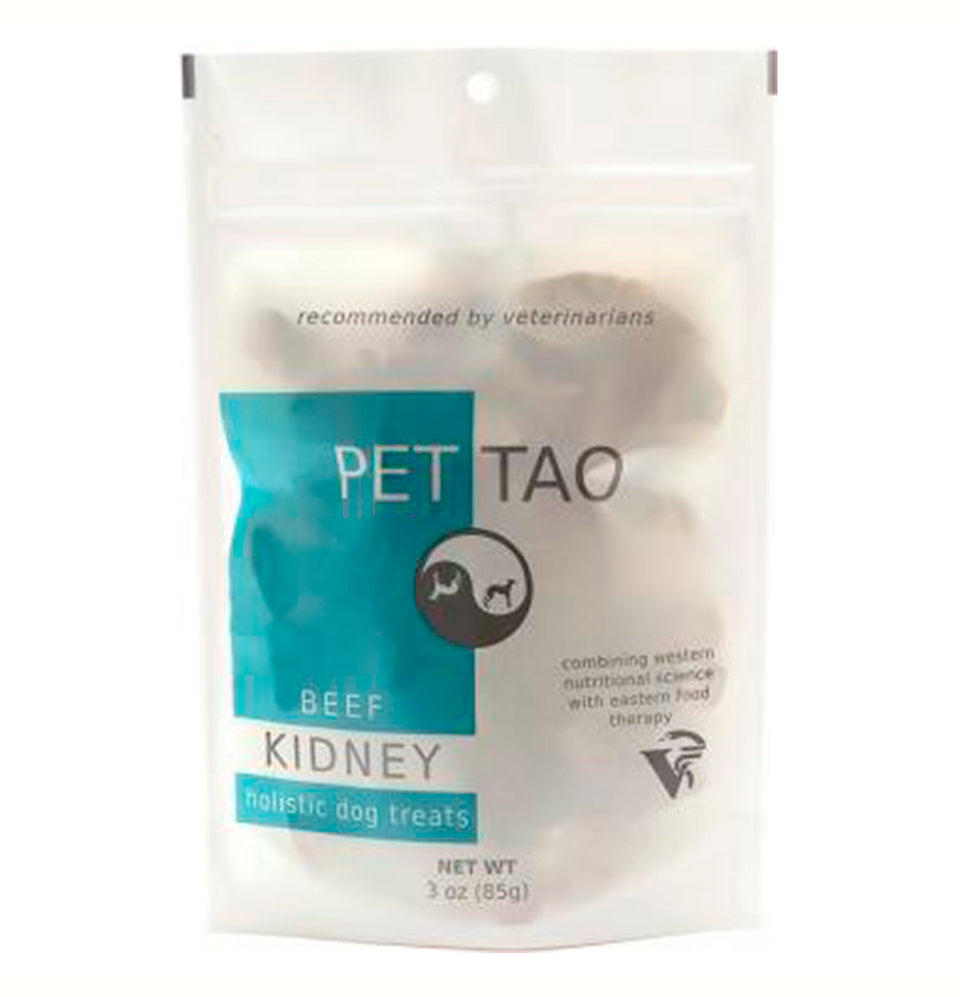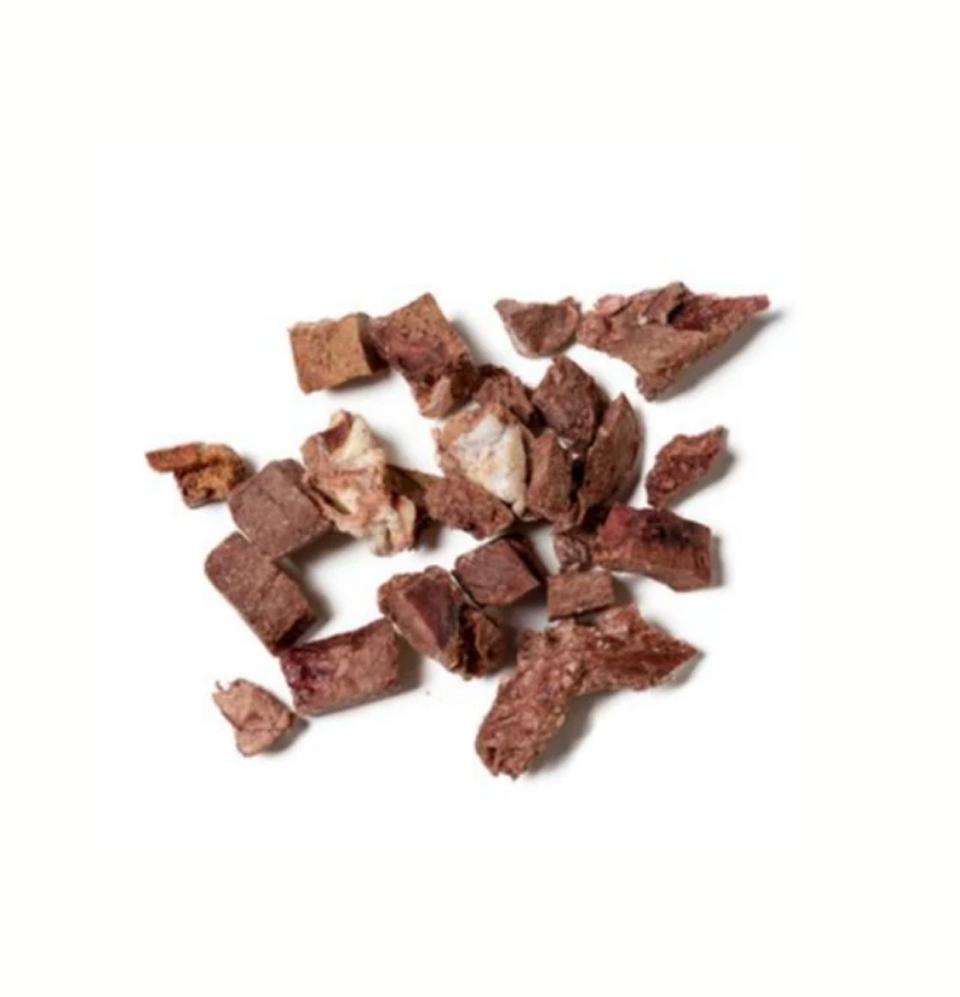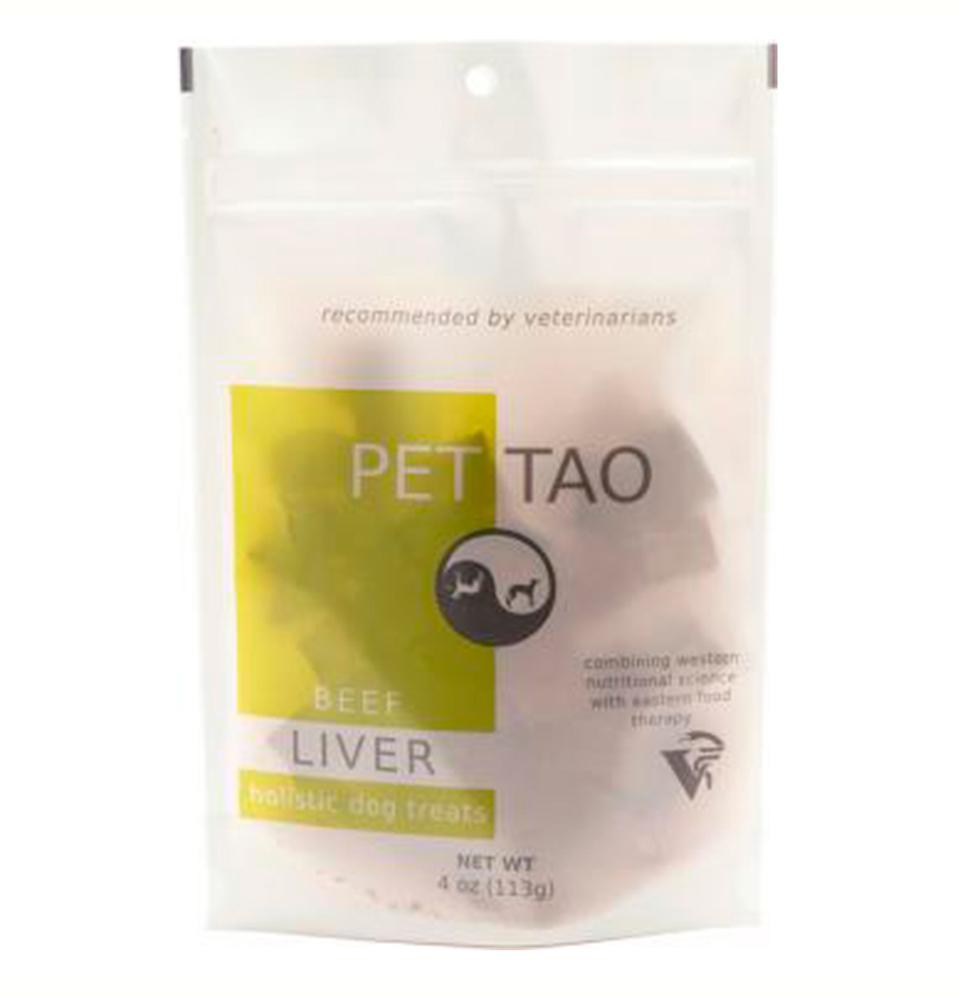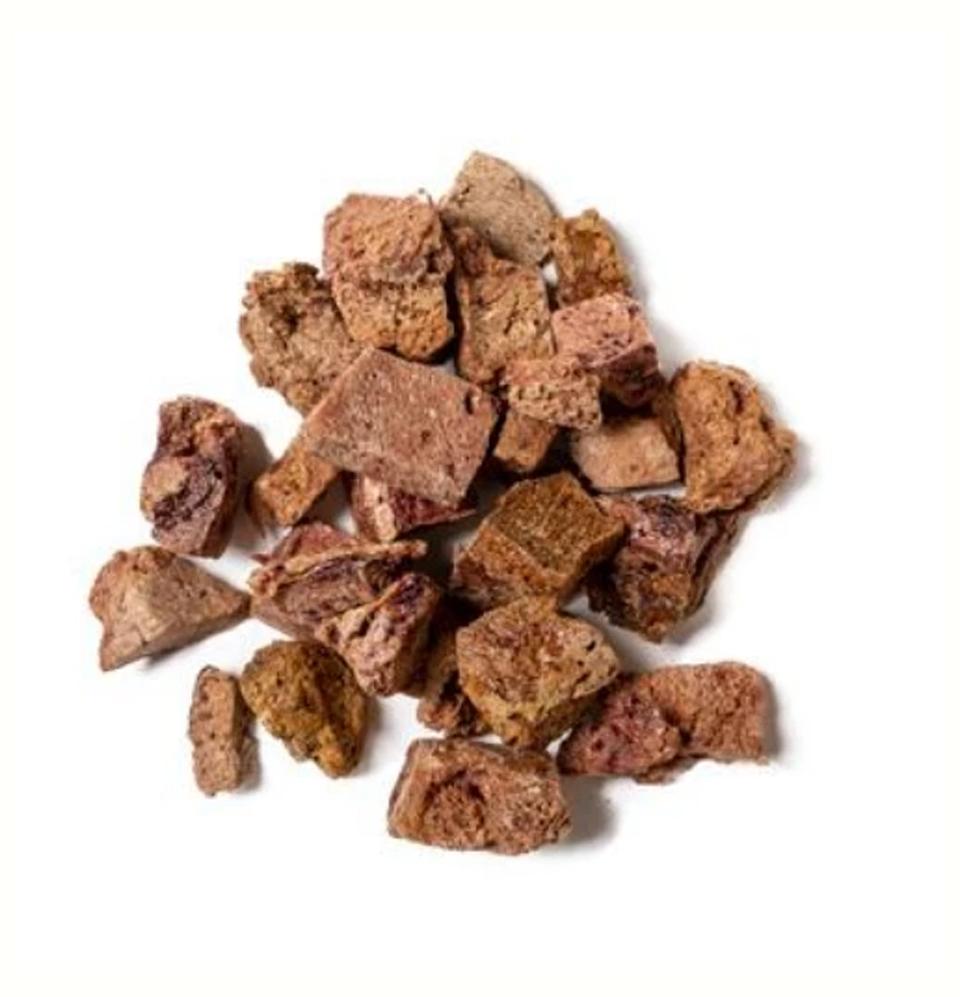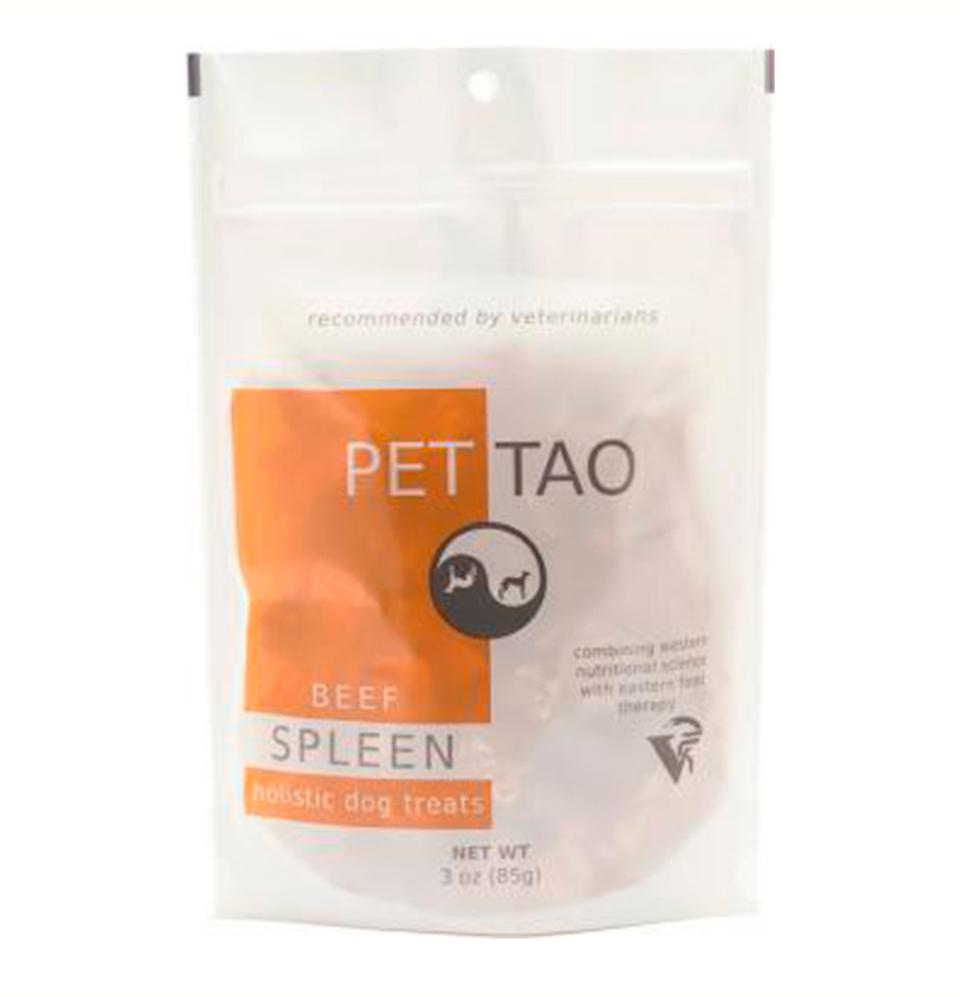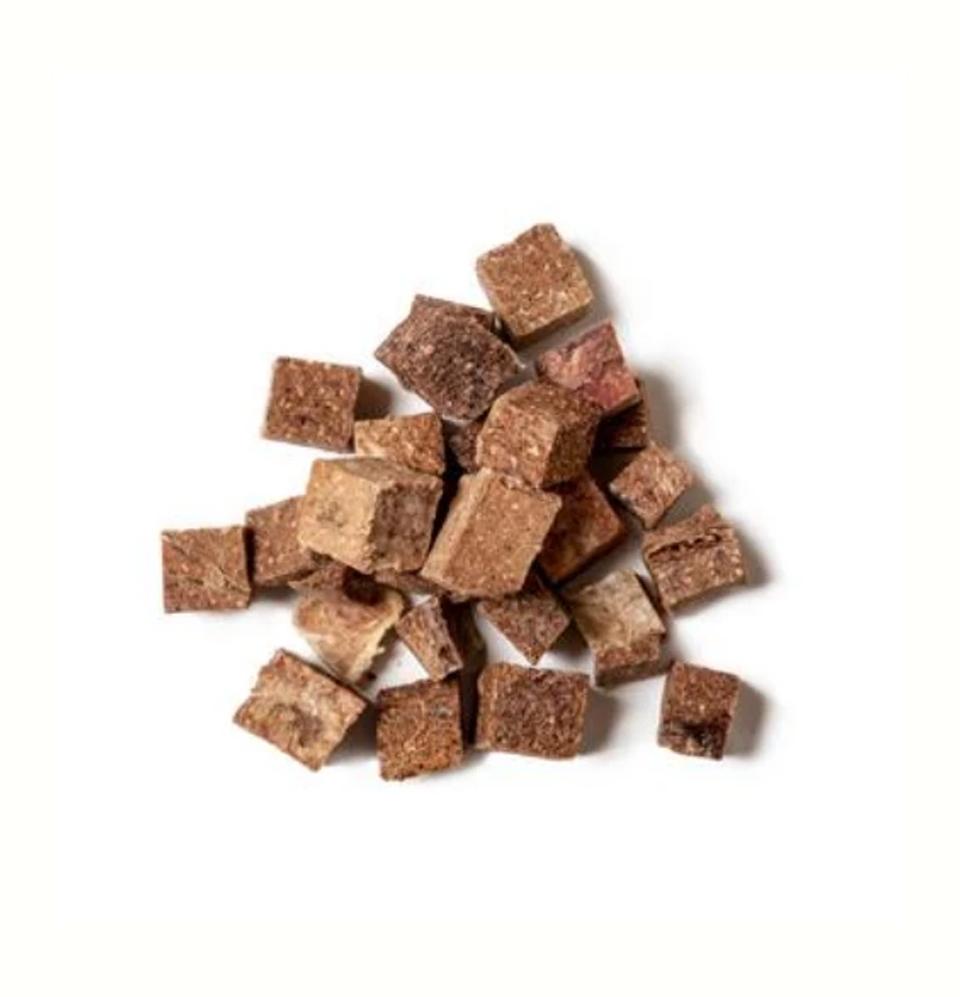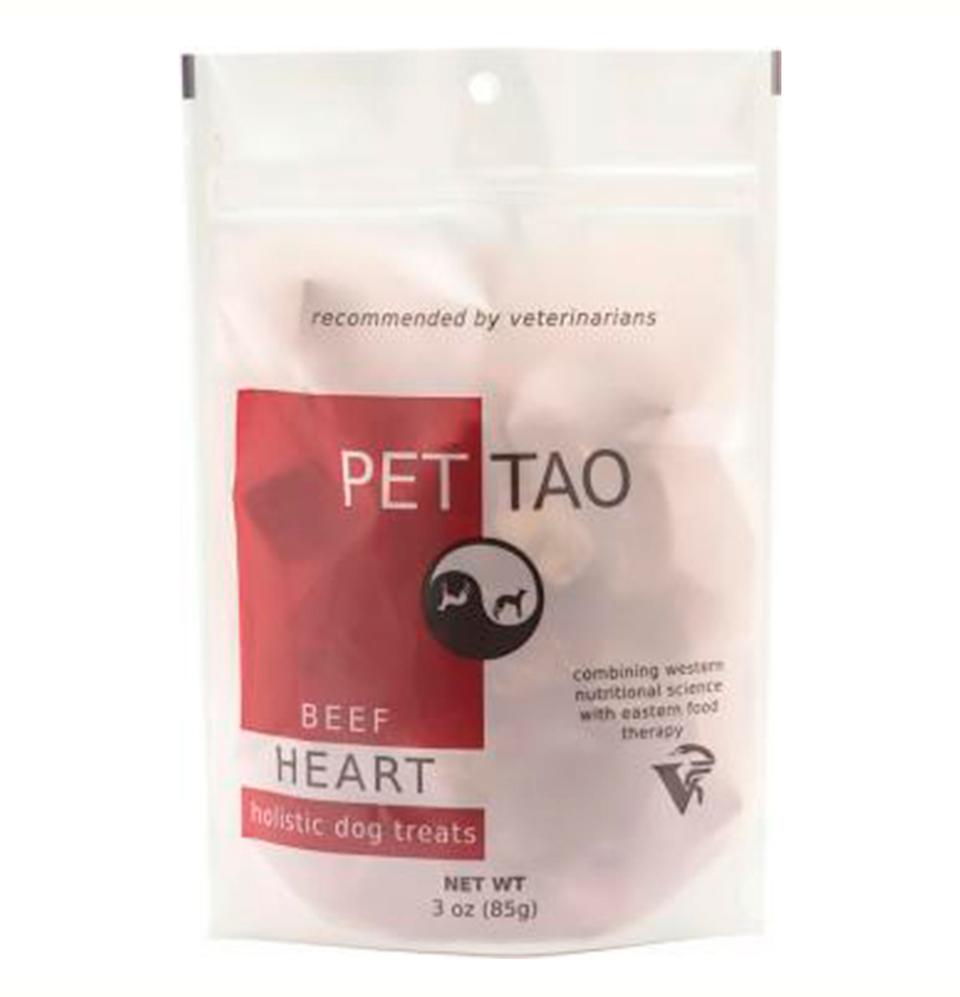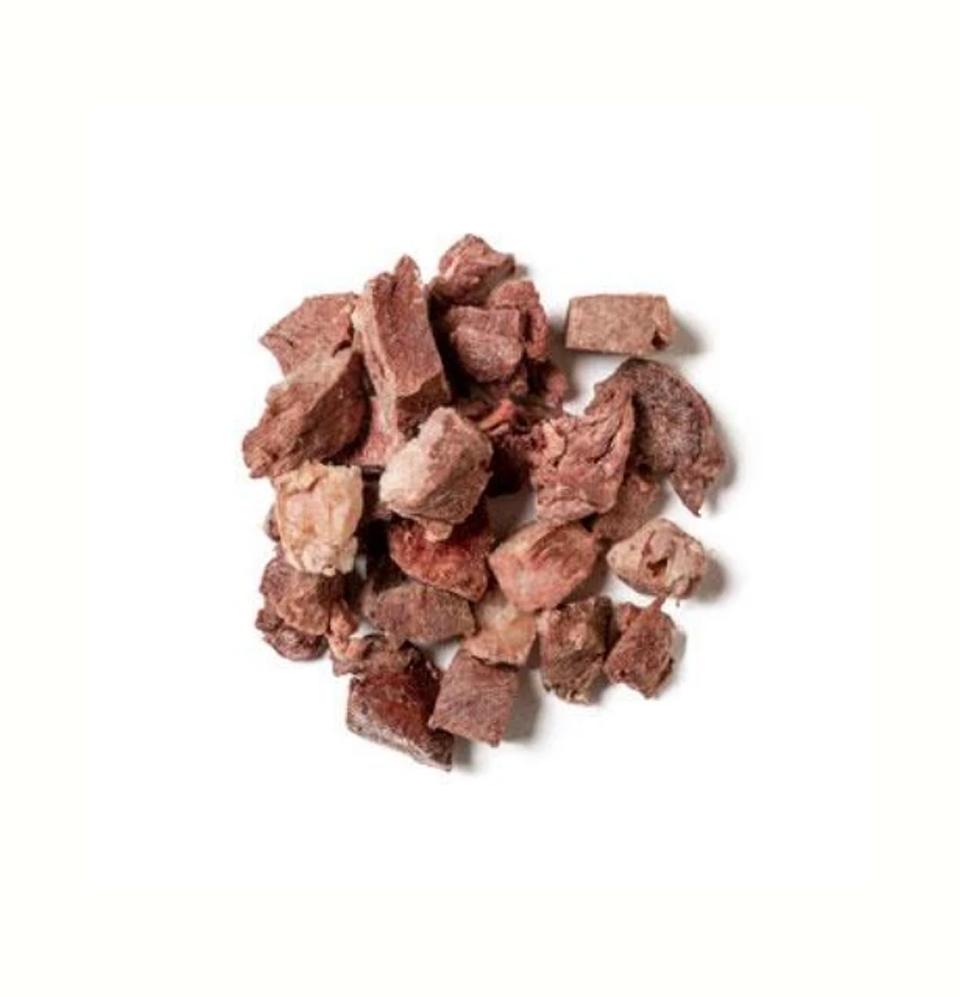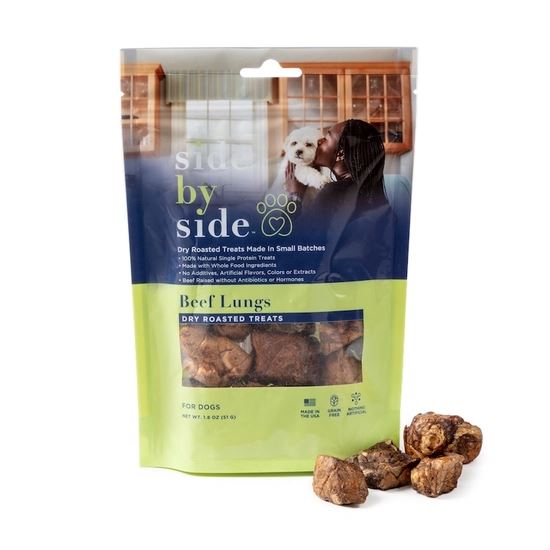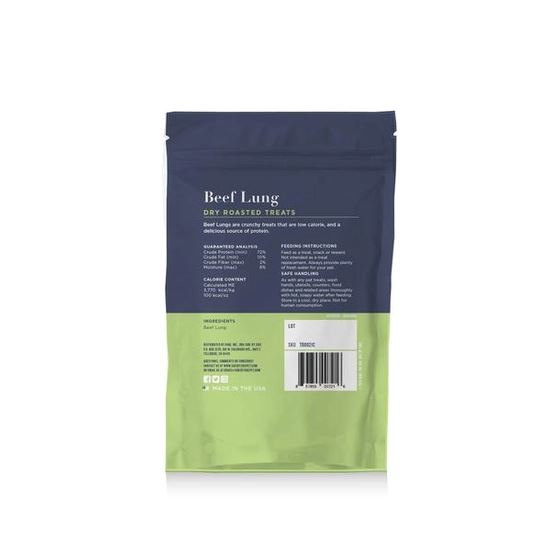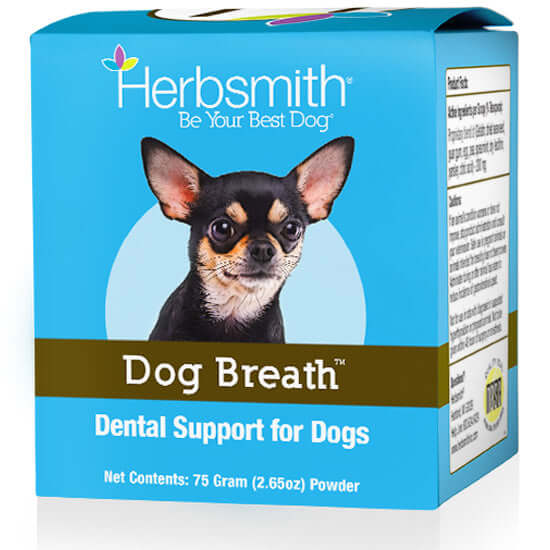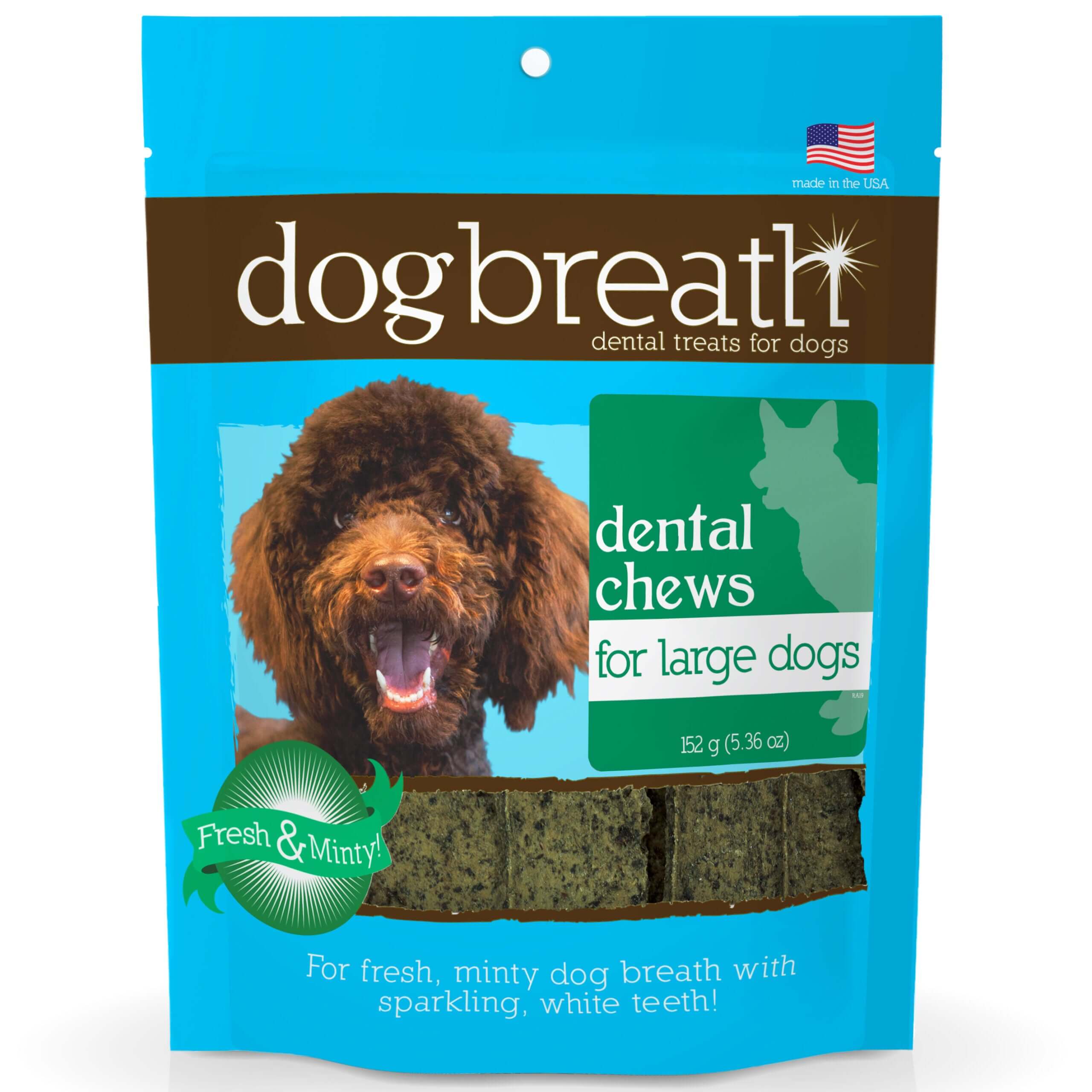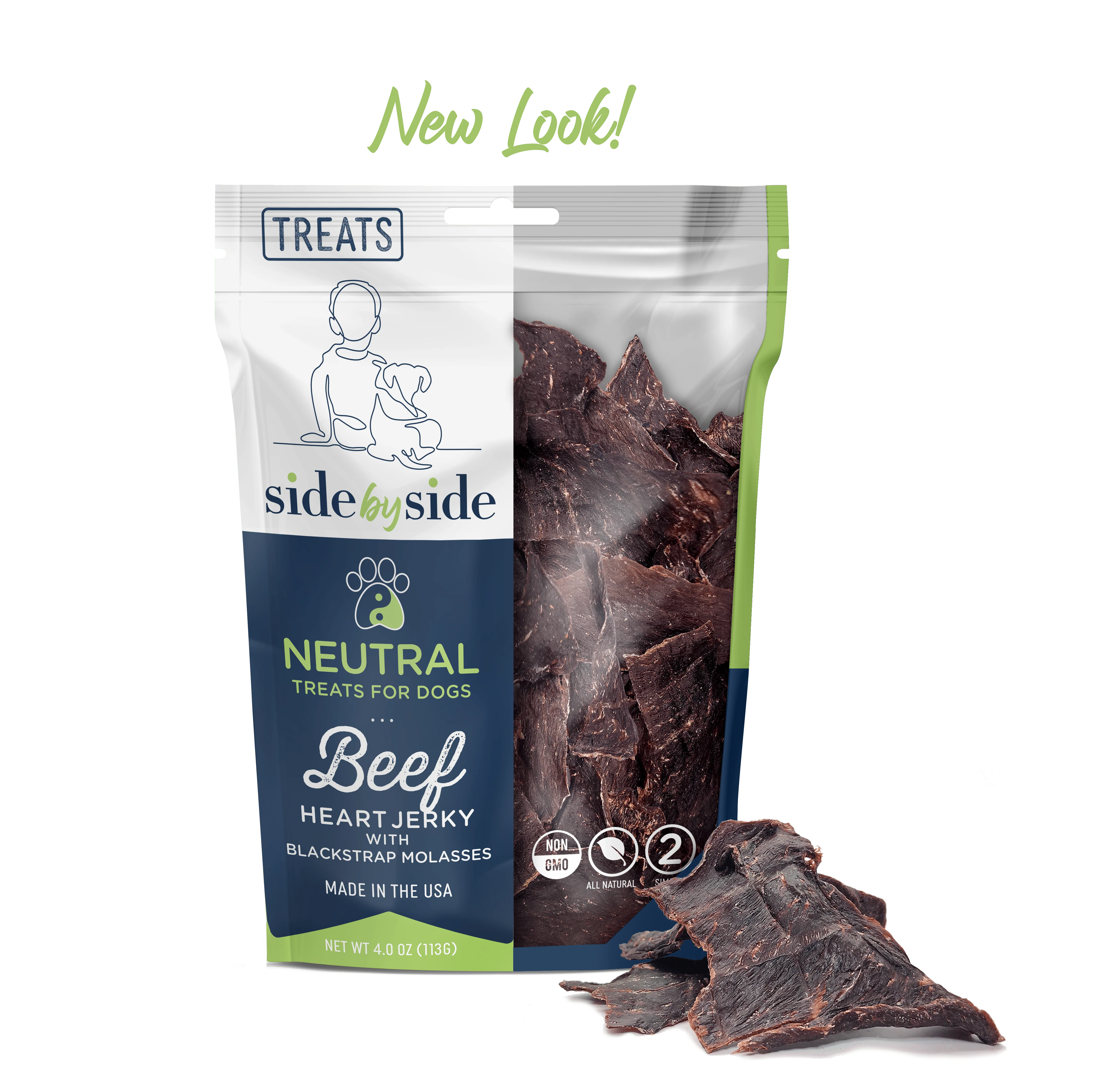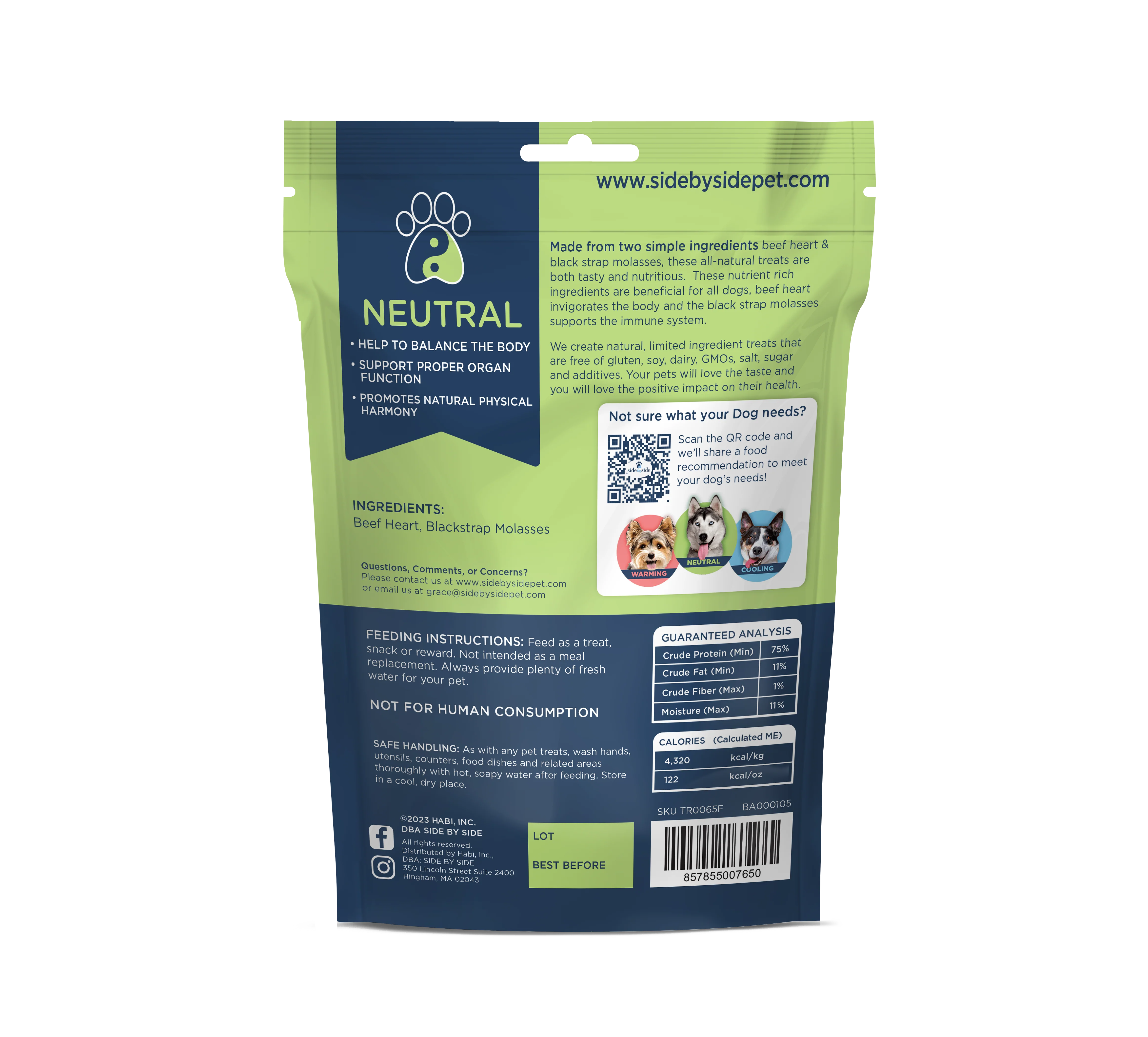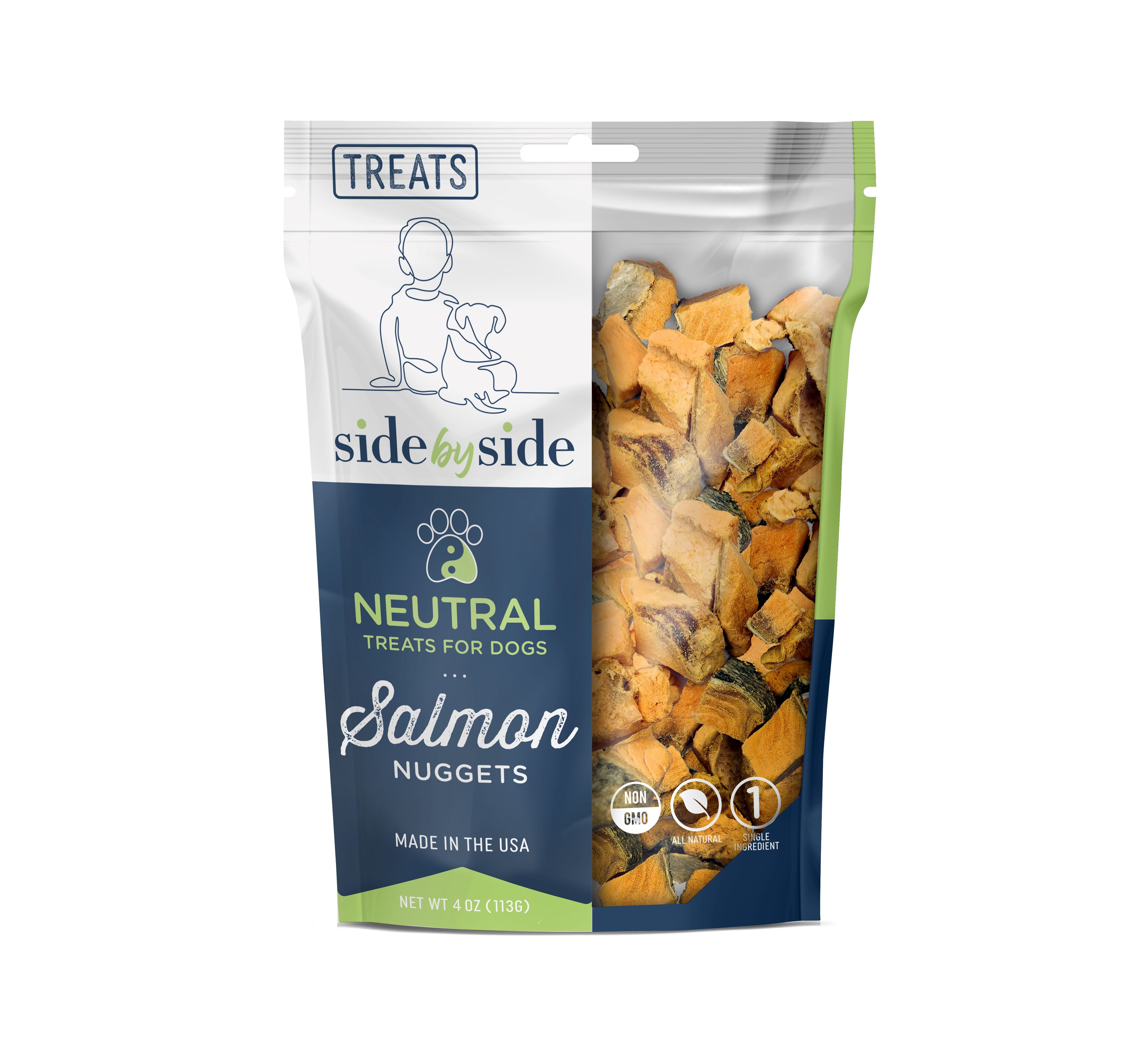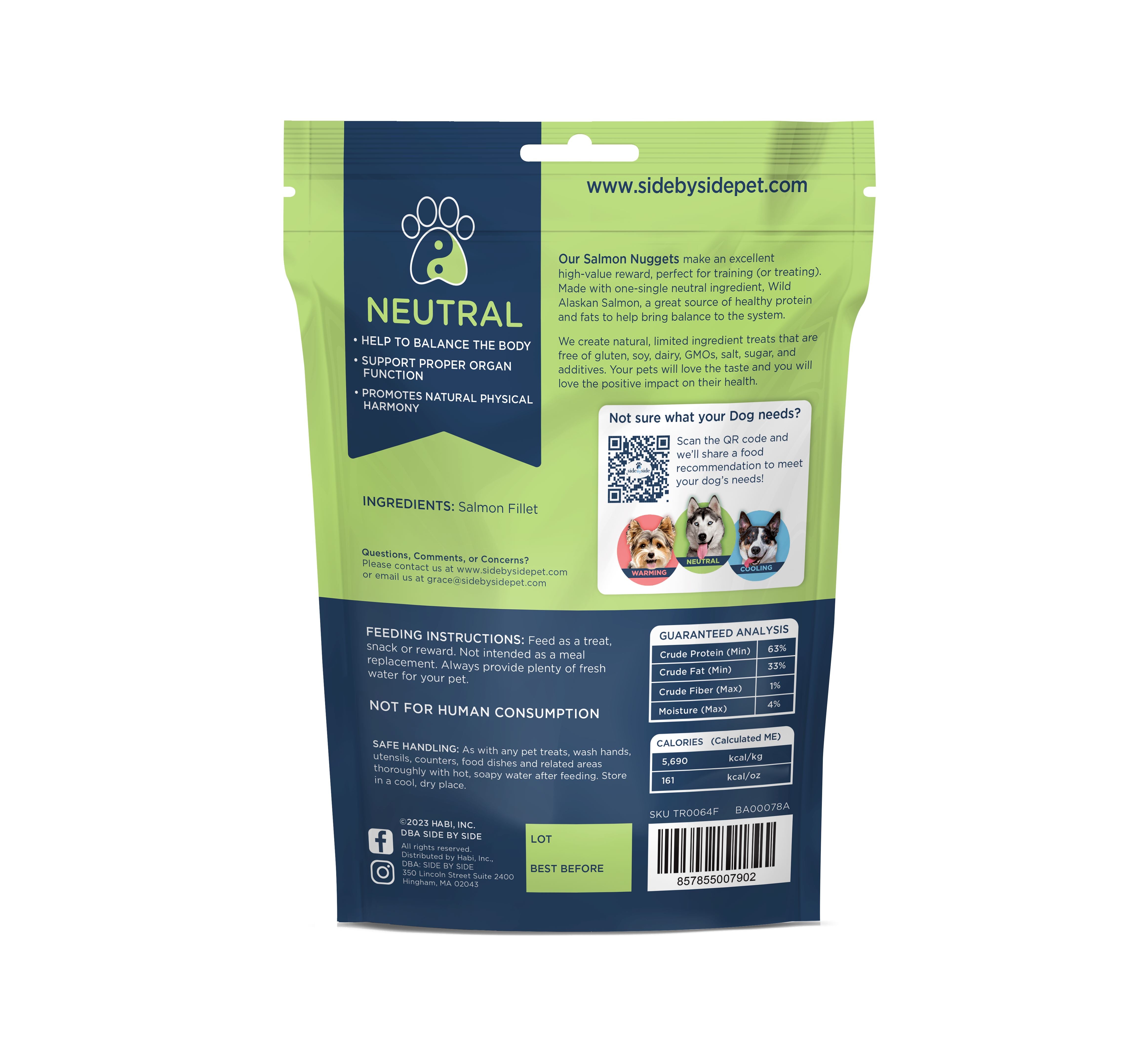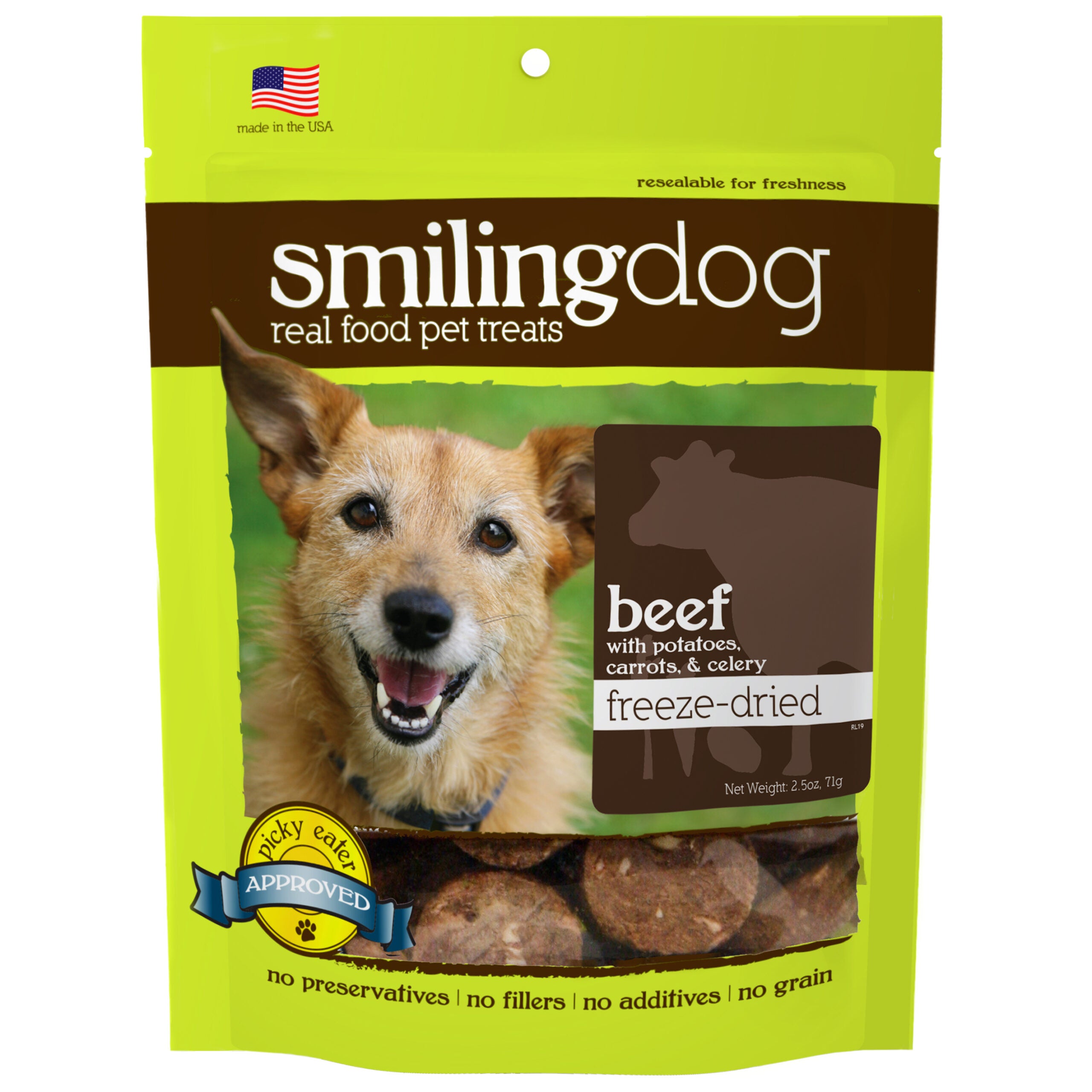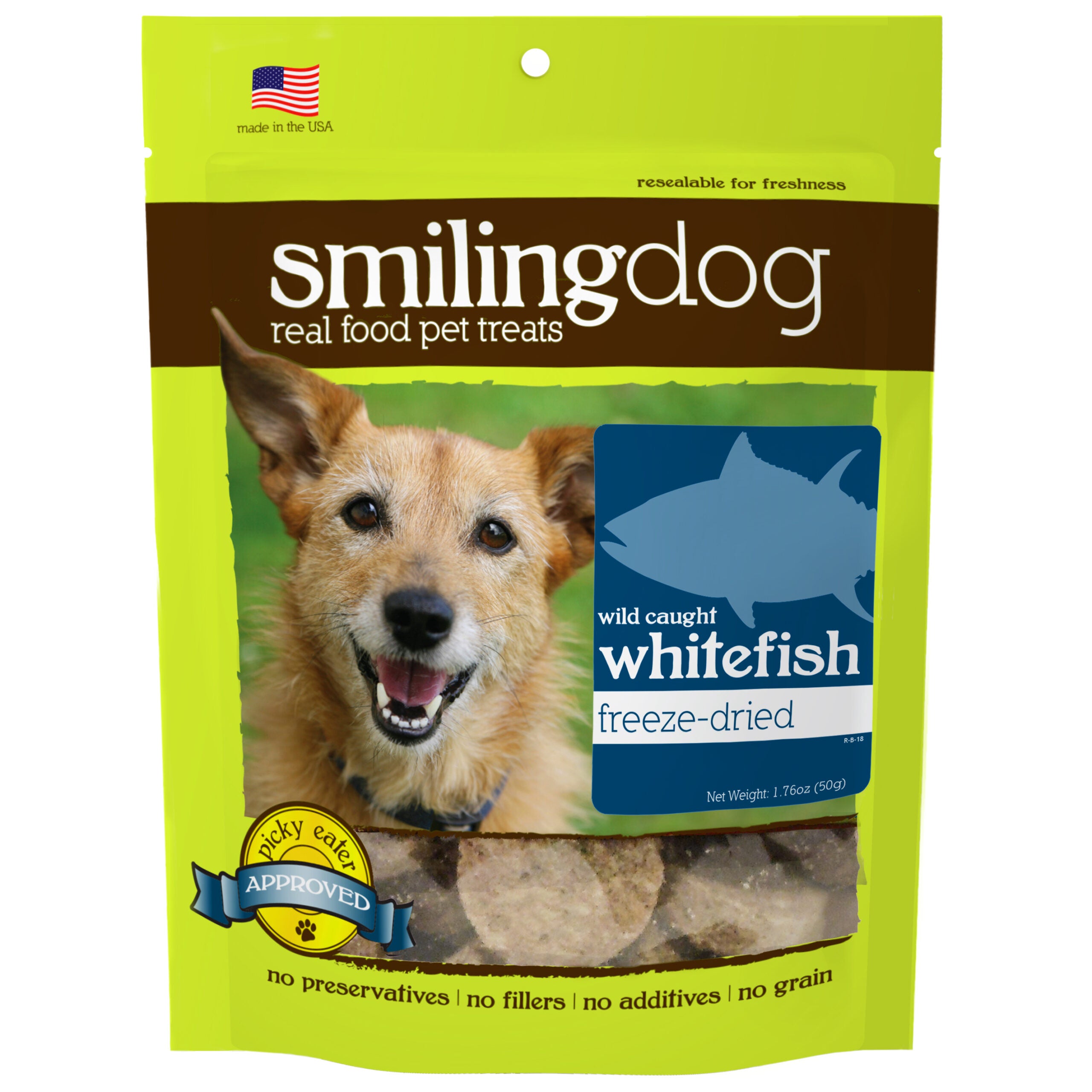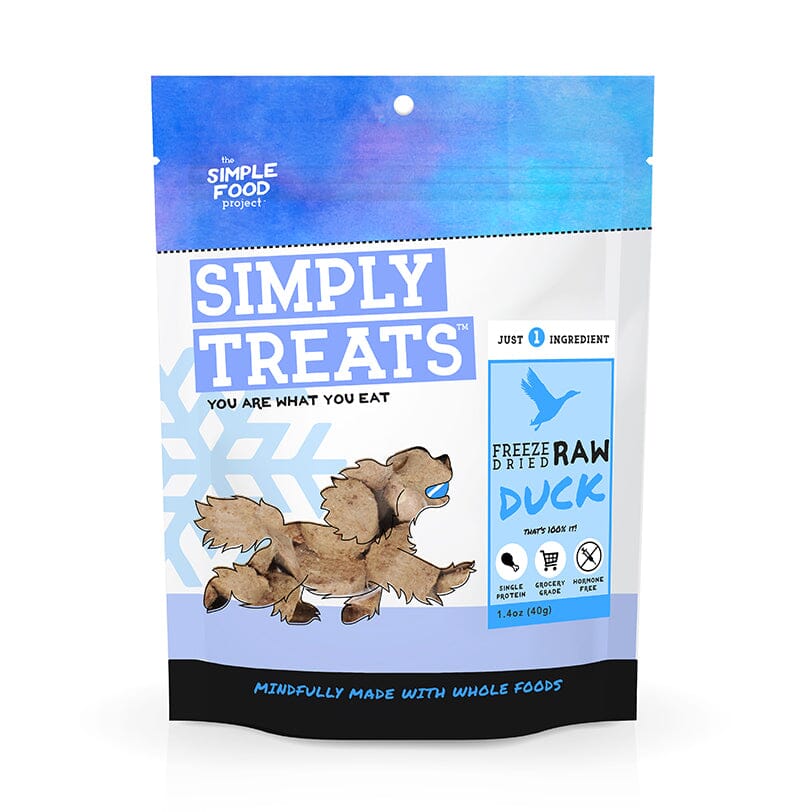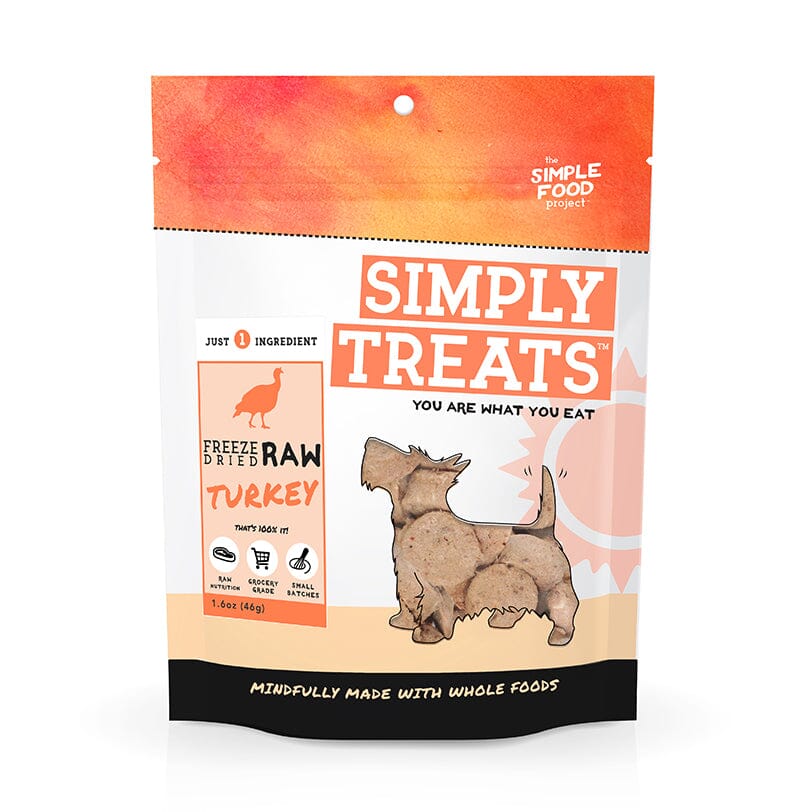
What's the Best Cat Food for Digestive Challenges?

People often ask us for help in finding the best cat food for digestive challenges.
In some cats, digestive challenges seem to happen overnight. In others, the disturbances come on gradually and peak.
Common signs of digestive challenges include:
- abdominal pain
- abdominal enlargement
- appetite loss
- behavior changes
- constipation
- dehydration
- diarrhea
- fever
- vomiting
- weight loss
If your cat is suffering from digestive challenges, we might be able to help.
Below is the general information our veterinarians share with their clinic clients to help their cat feel better.
We have information on diet and food, but first it's important to take a look at your cat's overall gut health.
Improve Gut Health
Even before thinking about cat food for digestive problems, you must consider your cat's gut health.
Gut health is critical. If gut health is impaired or imbalanced your cat will still have problems no matter what he or she eats.
In a nutshell, a healthy digestive tract has a natural barrier to keep its contents, such as its microbiota, undigested food particles, and toxins from escaping into the bloodstream.
A healthy gut also helps fight off infection and properly absorbs and synthesizes nutrients to keep your cat in top condition.
If you are not doing so already, supplementing with digestive enzymes and probiotics is a great first step.
Digestive enzymes break down food particles, making them easier for your cat to digest and absorb.
Probiotics replenish the healthy bacteria in your cat's digestive tract.
Many people find supplementing with digestive enzymes and probiotics also help with other chronic conditions like allergies, inflammation, and immune challenges.
Our vets recommend Harmonize GI. Harmonize GI provides prebiotics, probiotics and digestive enzymes to support and balance a healthy gut microbiome.
You can also give your cat an extra boost of probiotics by adding plain, non-fat yogurt to each feeding. We recommend 1/2 teaspoon per meal.
Switch to Wet Food or Try a Home-Cooked Diet
Another thing to keep in mind is the fact that switching your cat's food too quickly or too often may cause upset. So, you want to slowly switch your cat to a new food.
To gradually switch to a new food:
- Start out by feeding 1/4 new food with 3/4 old food the first week.
- The second week, feed 1/2 new food and 1/2 old food.
- The third week, feed 3/4 new food 1/4 old food.
If you've already made a food switch, it may take several weeks for your cat to adapt.
Another option to consider is a feeding your cat a limited ingredient diet.
Limited ingredient diets help cats suffering from food sensitivities.
Our veterinarians recommend trying the limited ingredient cat food recipe on the PET | TAO website.
Add Spleen to Your Cat's Diet
According to TCM theory, the spleen/stomach oversees the body’s food intake, digestion, and assimilation of food into energy.
The spleen also distributes energy (Qi) throughout the body so that it can be used effectively and efficiently.
In addition, supplementing with freeze-dried spleen treats tonifies and supports the digestive tract.
Spleen help cats suffering from:
- Diarrhea
- Weight loss
- Muscle atrophy
- Loss of strength
- Sensitive stomach
Spleen can be difficult to find for home cooking. However, you can purchase freeze dried raw spleen treats.
And, you only need to feed one to three spleen treats per day to benefit your cat.
Try TCVM Herbal Medicine
If you try the recommendations above and your cat is still having digestive challenges, TCVM (Traditional Chinese Veterinary Medicine) herbs may help.
TCVM herbal formulas work on the root causes of imbalance, helping your cat's natural healing process.
Some examples of TCVM herbal formulas for digestive challenges include:
- Bu Zhong Yi Qi Tang
- Bupleurum Harmonize Stomach
- GastroCare (available without veterinary authorizaton)
- Ginseng Relieve Diarrhea
- Gui Pi Tang
- Happy Earth Formula
- Fan Xie Ye
- Shen Qi Da Bu San
- Slippery Elm (available without veterinary authorization)
- Stomach Happy
It's alway best to seek help from a TCVM-trained veterinarian in deterimining which formula will work the best for your cat.
If you ever need extra help managing your cat's digestive challenges naturally we can help. TCVM Pet Supply cofounders Dr. Marc Smith and Dr. Casey Damron offer TCVM telemedicine consultations.
If you get a TCVM telemedicine consultation, you'll get personalized TCVM recommendations specific to your pet, including:
- TCVM Evaluation
- Food Therapy Recommendations
- TCVM Herb Recommendations & Veterinary Authorization
- Supplement Recommendations
- Alternative Medicine Recommendations
If you reside in the Middle Tennessee area or would like to commute, you may choose an in-clinic appointment instead. You can learn more about each vet and contact the clinic you prefer directly:
- Marc Smith, DVM, MS - Natchez Trace Veterinary Services
-
Casey Damron, DVM, CVA - White Oak Animal Hospital
We hope this information helps you and wish you the best in helping your cat feel better.
If you have any other questions or if we can help you in any way, just let us know!

